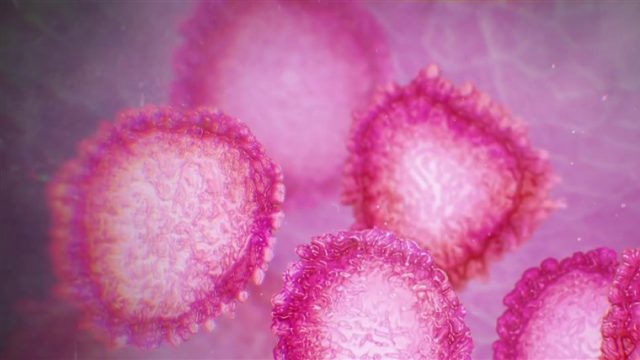
Coronavirus has put Kenya and the world on high alert after its outbreak in China claiming about 17 lives and is said to be spreading across. China confirmed human-to-human transmission in the outbreak of the virus as the number of cases soared and the World Health Organisation said it would consider declaring an international public health emergency over the outbreak.
Kenya Airways operates non-stop flights twice a week to China’s third-largest city and a key hub of the country’s southern region pointing out the high risk of an outbreak in the country hence necessitating the need to prevent the virus from setting foot in Kenya.
On Wednesday, the government said surveillance and screening of passengers for coronavirus have been intensified at all ports of entry and increased fever checks at airports amid fears of a bigger outbreak. Here is everything you need to know about the Coronavirus.
What is coronavirus
Coronaviruses are a large group of viruses common among animals. In rare cases, they can be transmitted from animals to humans, according to the US Centers for Disease Control and Prevention.
Signs and symptoms
They include a runny nose, cough, sore throat, possibly a headache and maybe a fever, which can last for a couple of days. For the elderly and the very young whose immune systems are weakened, there’s a chance the virus could cause a lower, and much more serious, respiratory tract illness like pneumonia or bronchitis. Usually one gets mild to moderate upper respiratory tract illness, similar to a common cold.
Severe Acute Respiratory Syndrome (SARS) comes with severe symptoms. Death rate with SARS ranged from 0-50% of the cases, with older people being the most vulnerable. According to WHO, the virus can also cause diarrhea, fatigue, shortness of breath, respiratory distress and kidney failure.
Transmission
Human contact with animals can spread the virus. Human to human transmission of the viruses, often it happens when someone comes into contact with an infected person’s secretions, such as droplets in a cough, a sneeze or handshake.
The virus can also be transmitted by touching something an infected person has touched and then touching your mouth, nose or eyes, and sometimes when a patient’s waste is not handled well.
Treatment
Research is underway to find the virus’ most specific treatments. Health experts note that most of the time, symptoms will go away on their own and but one should seek care early. If symptoms feel worse than a standard cold, one should see a doctor, who can prescribe a pain or fever medication.
A room humidifier or a hot shower can help with a sore throat or cough. One should drink plenty of fluids, get rest and sleep as much as possible.
Prevention
A vaccine has not yet been found to cure the disease. However, to reduce your chances of getting infected, avoid touching your eyes, nose, and mouth and wash your hands often with soap and water and for at least 20 seconds. Cover your mouth and nose when you cough or sneeze, and disinfect the objects and surfaces you touch.



